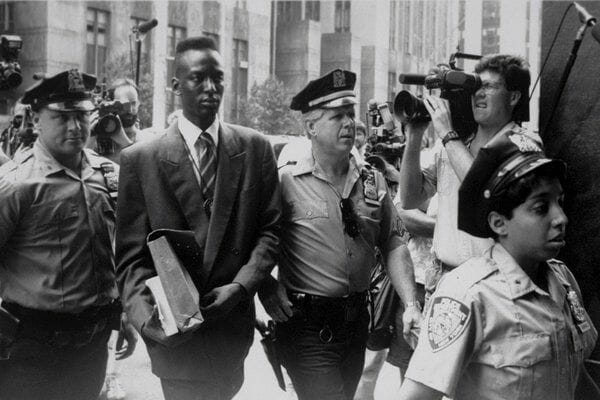The Central Park Five

Critically acclaimed filmmaker Ken Burns (along with co-directors Sarah Burns and David McMahon) is almost deceptive in his approach with his latest documentary, The Central Park Five. Audiences may be prepared for a movie about a group of young black and Hispanic men, wrongfully convicted of one of the crimes of the century—raping and nearly killing a woman (known famously as the Central Park Jogger) out on her nightly run in Central Park. However, this brilliant documentary is actually about the human psyche—specifically the ego—and the lengths to which all members of society (police, lawyers, members of the media, the innocent and the guilty) will go to preserve it.
-

-

-

-

-

-

-

-

-

-

-

-

-

-

-

-

-

-

-

-

-

-

-

-

-

-

-

-

-

-

-

-

-

-

-

-

-

-

-

-








































